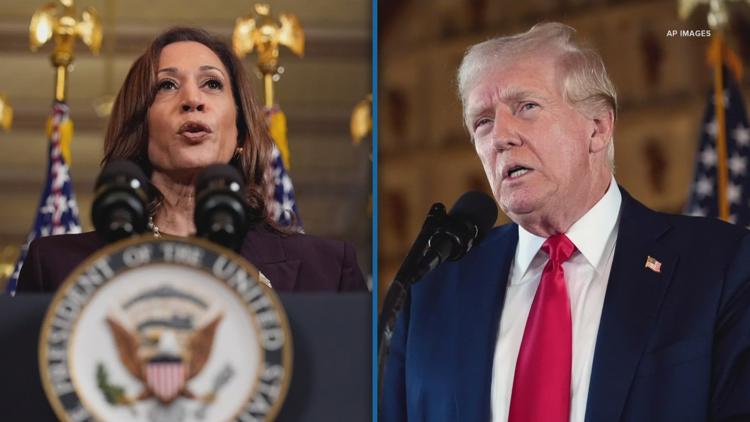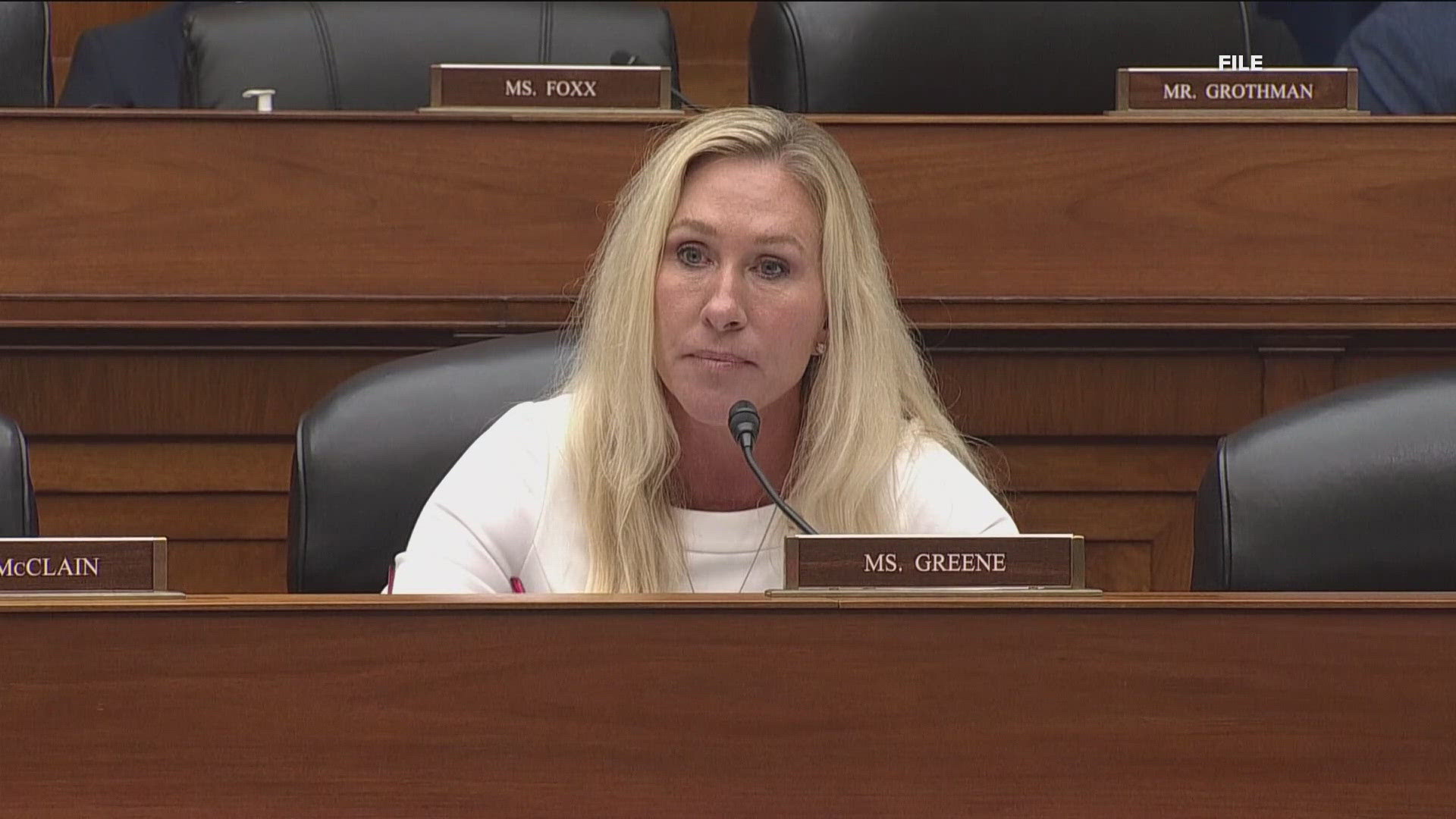ATLANTA — Are you sick of seeing so many political ads? You're likely bombarded with them everywhere you go, from the internet, radio, and TV.
But is there anything that can be done? Can't your favorite local network refuse to air those annoying things? The answer is not really.
And since Georgia is a critical battleground state, you'll likely see even more political advertising as we inch toward November.
There are Federal rules governing political advertising
While most advertising is governed by rules and regulations tied to the Federal Communications Commission and the Federal Trade Commission, political advertising -- and particularly political ads placed by a candidate's campaign within 45 days of a primary election or 60 days of a general or special election -- has an entirely different playing field to work with.
According to the FCC, a person who has publicly announced his or her intention to run for nomination or office; is qualified to run under the appropriate federal, state or local laws to run; and has met all of the other necessary qualifications to run for and hold the office they are seeking, is permitted to purchase political advertising time within 45 days of a primary election or 60 days of a general or special election in which that person is a candidate.
In addition, broadcast stations cannot censor or alter the content of political ads being run in any way. The ads must be run in their original form -- even if their content differs from the ordinary program content that the station would regularly air.
A station is also prohibited from rejecting a political ad from a candidate -- despite its content.
As a result, broadcast stations are not responsible for the content of those particular political ads, even if the content may be "demonstrably false or defamatory" in nature.
As an example, in 2010, Missy Reilly Smith, a candidate for office in Washington, DC, used images of aborted fetuses in her local television ads.
Although there were loud complaints by the management of the local television stations in Washington, federal officials said Smith's ads had to run on their air, unaltered.
During the 2018 campaign for Georgia governor, 11Alive was hit with a barrage of email complaints when then-Republican candidate (and now Governor) Brian Kemp aired television commercials that showed him apparently loading a shotgun while talking to a nervous teenager.
Despite the numerous email complaints, 11Alive was not in a position to alter, adjust, or otherwise change the commercial in any way.
'I'm [Candidate's Name], and I approve this message...'
Another rule that applies to these ads requires individual candidates to take ownership of their campaign ads. This has resulted in the verbal statement at the end of each candidate's ad stating, "I'm [Candidate's Name], and I approve this message."
This rule was one of the provisions of the bipartisan McCain-Feingold Campaign Reform Act of 2002.
Advertising sponsored by third parties -- from political action committees (PACs), unions, corporations, political parties, other individuals or other non-political groups -- are required to play by another set of rules.
Any political advertising from any of those entities actually may be censored by broadcasters, and stations actually do have the power to refuse ads that fall into those categories -- especially if broadcasters find that the content of those ads to be defamatory or offensive.
So, the bottom line, is that while everyone may not agree with the political ads that are on the air right now, or the messages that they convey, 11Alive does not have the power to change them -- no matter what we might think about them -- one way, or the other.
That is part of our democracy at work.



